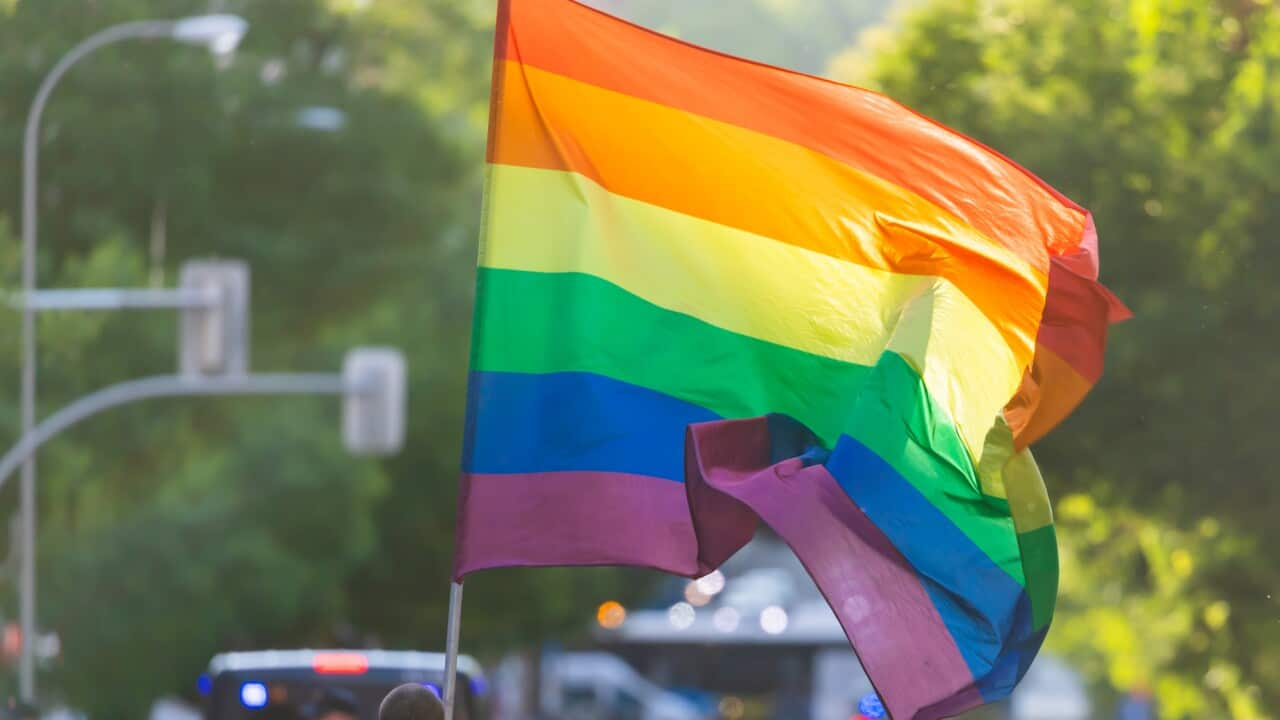Australia's 2026 Census will include changes to questions on topics such as sex, household and family relationships, with updated wording to reflect "sex recorded at birth".
The Australian Bureau of Statistics (ABS) announced on Monday it will make changes to questions for 10 existing topics following its 2026 Census topic review.
This comes on top of a new topic on sexual orientation and gender, after the federal government faced criticism over a decision not to include more gender and sexuality categories.
"The Census provides some of Australia’s most valuable statistics, and it’s important that it reflects our contemporary society and captures emerging data needs," Georgia Chapman, the ABS' 2026 Census content director, said on Monday.
“We considered over 1,000 pieces of feedback during public consultation and have tested extensively with a wide range of Australians."
The government and parliament determine the topics for each Census, while the ABS determines the wording and layout of questions.
Changes to question on sex
Next year's Census will include changes to the question on sex to specifically collect "sex recorded at birth" to differentiate it from a separate question on gender.
The government has tabled an amendment to the Census and Statistics Regulation 2016 in parliament allowing the ABS to collect data on the topic of sexual orientation and gender for those aged 16 and over.
The ABS said it will determine the question design on sex — and implement the topic change — once this amendment process is complete.
Under household and family relationships, the Census will also "introduce non-gendered terms to be more inclusive", the ABS said.
The Census is held every five years, with the most recent being conducted in August 2021.
'We value every Australian'
Last year, the government faced weeks of criticism over its decision not to include more gender and sexuality categories in the 2026 Census.
The move — which the government stated was — drew swift condemnation from LGBTIQ+ groups and advocates, experts, and some MPs, including from within the Labor Party.
The government later backflipped, announcing it would set the new topic in September.
"We value every Australian, regardless of their faith, race, gender or LGBTIQ+ status," Assistant Treasury Minister Andrew Leigh said at the time.
"The government's position follows further engagement with the community and additional discussions with the ABS."
Leigh said these questions "will only be asked of people aged 16 and over, and the ABS has told the government that people will have the option not to answer".
He said the ABS did not recommend a topic on variations of sex characteristics (intersex status) in the Census, which would not be included.
At the time, Anna Brown from LGBTIQ+ advocacy group Equality Australia welcomed the "sensible, pragmatic and moral" decision, but said the exclusion of questions related to intersex people was "incredibly disappointing".
Other changes to the 2026 Census
Also among the changes to next year's Census are questions relating to cultural diversity, health and transport.
A question on ancestry will increase the number of ancestries collected from two to four, to better reflect cultural diversity.
Under long-term health, the question will include liver disease, to collect a wider range of conditions.
On the topic of transport, a question on travelling to work will reference bicycles (including e-bikes) "to include more contemporary modes of travel".
When it comes to population, the Government's Census and Statistics Regulation 2016 amendment also specifies the topic on the number of children ever born will return to being collected every 10 years and won't feature in this year's census.
Both the new topic and changes will proceed to a large-scale test later this year "to ensure the final questions achieve the best possible outcomes", Chapman said.





